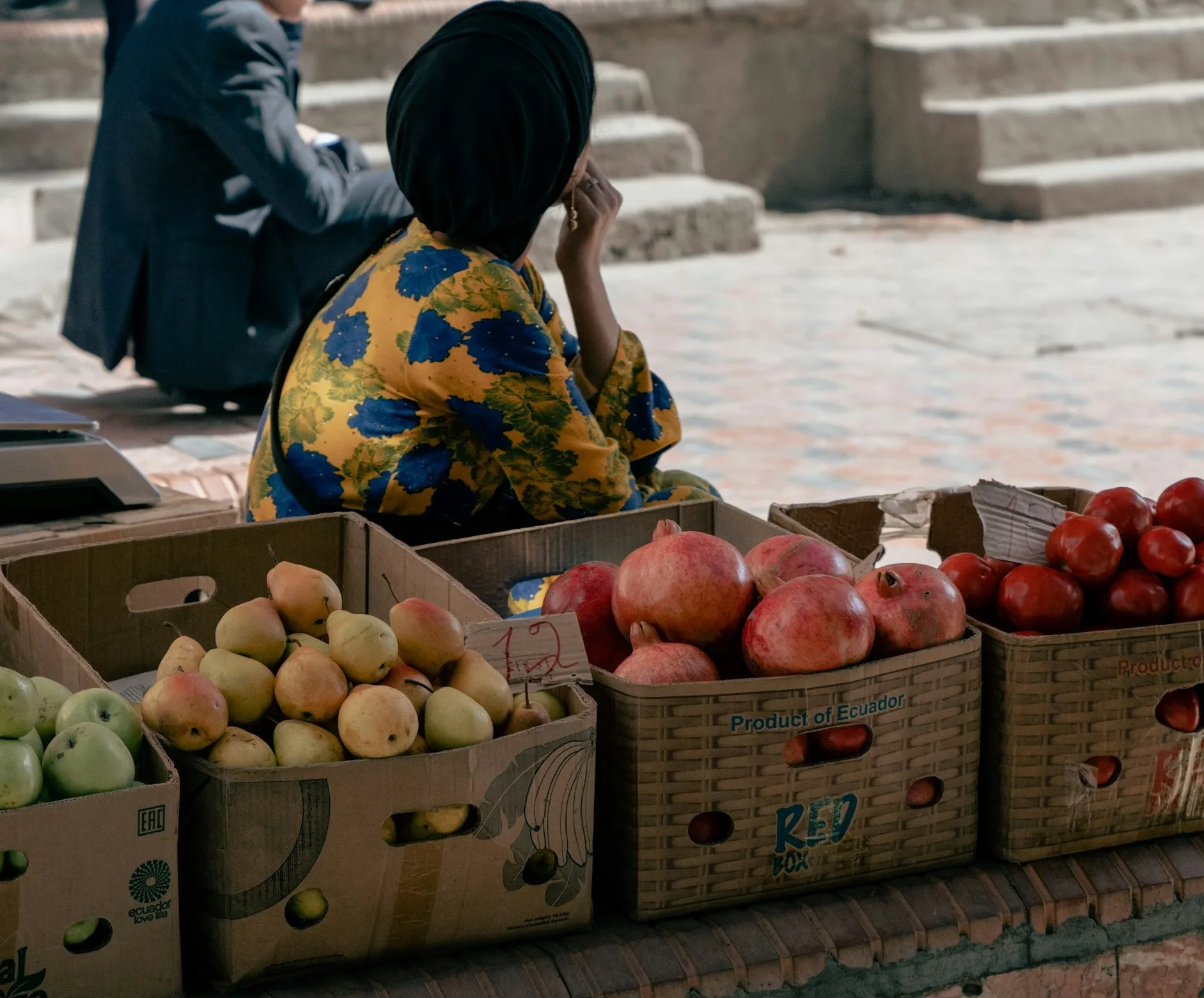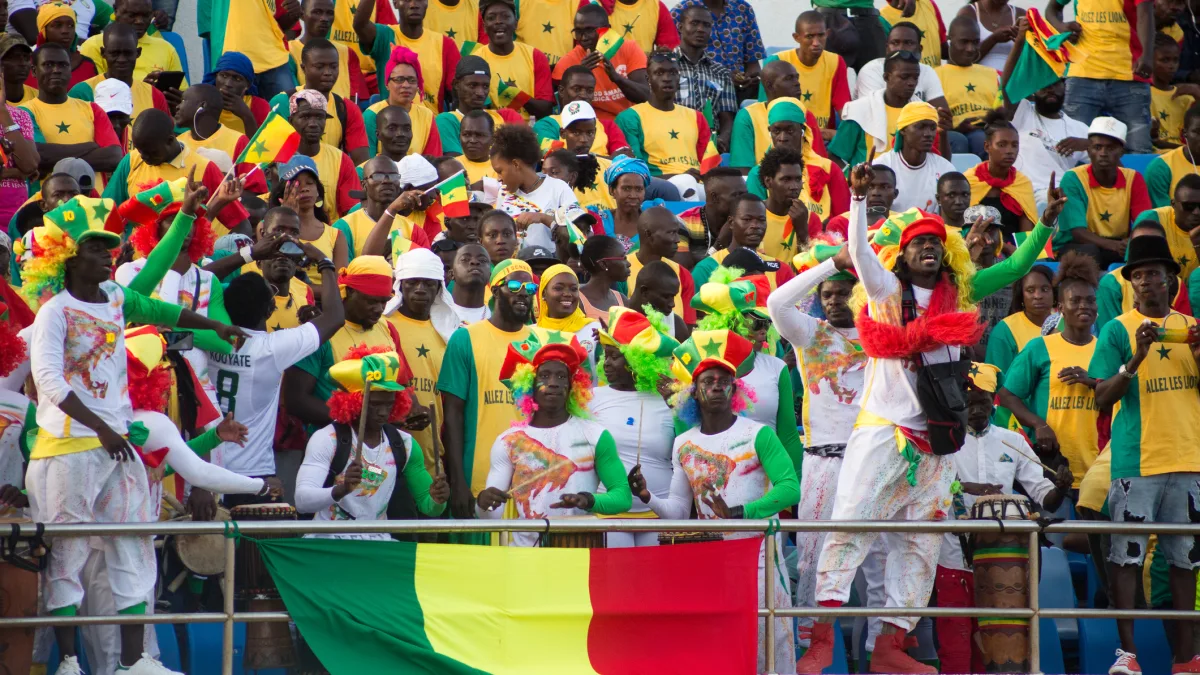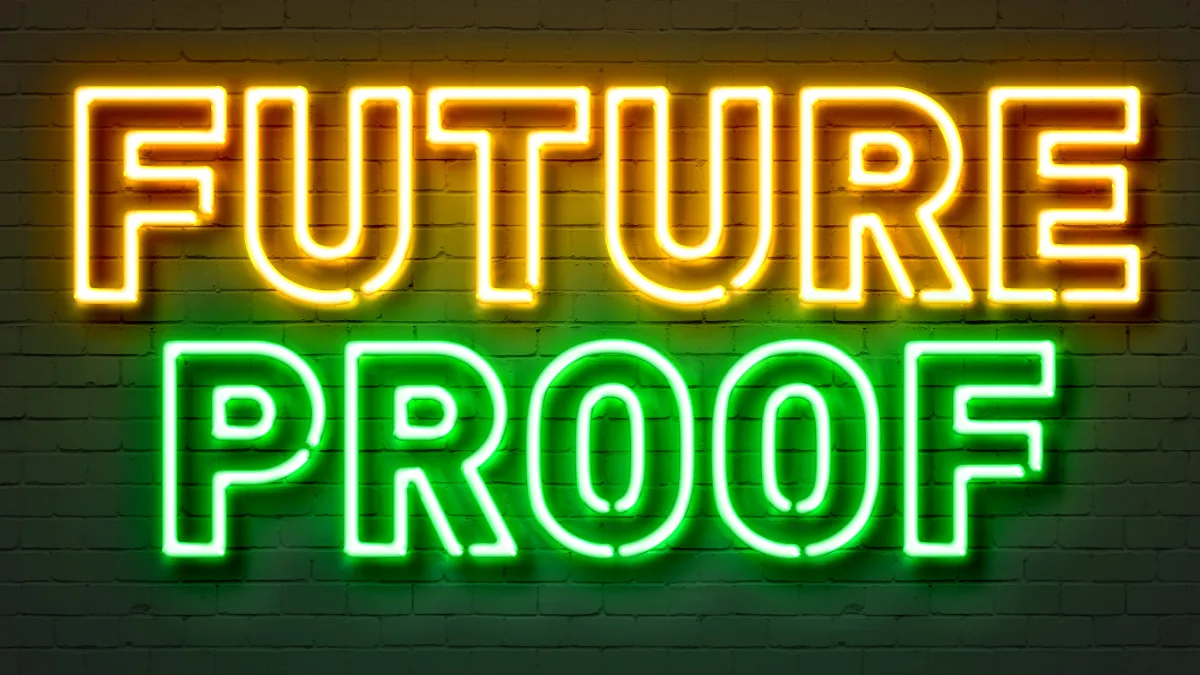The fate of European democracy now depends in large part on the willingness of democratic states to support Ukraine, according to a report looking at the state of democracy across emerging Europe and Central Asia, published this week by Freedom House.
Nations in Transit 2024: A Region Reordered by Autocracy and Democracy found that Moscow’s war to destroy Ukraine and the Azerbaijani regime’s military conquest and ethnic cleansing of Nagorno-Karabakh in 2023 have accelerated a geopolitical reordering in the 29 countries covered in the report, stretching from Central Europe to Central Asia.
Indeed, 10 out of the 29 countries under analysis suffered declines in their overall Democracy Score, while only five countries registered improvements. Escalating authoritarian attacks on basic rights and liberties have increasingly pushed countries into two opposing blocs: those committed to a liberal, democratic order and those that violently reject it.
“Authoritarian regimes are stepping up their attacks and undermining democratic governance across the region,” says Michael J. Abramowitz, president of Freedom House.
“In Ukraine and Nagorno-Karabakh, we’ve already seen the devastating consequences of authoritarian expansion, and there’s no reason to believe it will stop there. Unless democracies act urgently and consistently to uphold their own interests and values, more territory will be lost to dictatorship and repression.”
Of the eight countries classified by the report as Consolidated Authoritarian Regimes—settings where autocrats prevent political competition and pluralism through widespread violations of basic rights—four suffered declines in their already abysmal Democracy Scores: Kazakhstan, Kyrgyzstan, Russia, and Uzbekistan.
As such regimes closed off the remaining space for dissent and created conditions to extend their rule indefinitely, they also actively supported one another’s efforts to evade sanctions, crush domestic opposition, and blunt any accountability for military aggression and other violations of international law.
‘We must urgently support Ukraine’
Among the report’s other findings is the fact that Poland’s ability to recover from democratic backsliding will be crucial for the future of the wider region.
While Poland’s score declined due to unprecedented electoral manipulation by the then incumbent Law and Justice party during 2023, an opposition coalition managed to secure victory by campaigning on respect for the rule of law and individual rights. Experiences elsewhere in Central and Eastern Europe offer valuable lessons for Poland’s democratic recovery under the new government.
Ukraine meanwhile earned the largest score improvement in this year’s report. The gains in Ukraine resulted from the government’s progress in building up judicial and anticorruption institutions and actively investigating graft, including in the military. The countries with the highest Democracy Scores in the region, on a scale of 1 to 7, are Estonia (6.00), Latvia (5.79), and Slovenia (5.79).
“Hybrid” countries where democratic institutions are especially vulnerable were caught between the democratic and autocratic blocs, with some on a clearly antidemocratic trajectory. Of the 11 countries classified as Hybrid Regimes, five experienced an overall decline in their Democracy Scores. Ukraine was the only one to achieve an improvement.
Serbia experienced the largest score decline in this year’s report. The decline was the result of fraudulent elections, state capture of the media, the weakening authority of municipal governments, and years of waning judicial independence. The countries with the lowest Democracy Scores in the region are Turkmenistan (1.00), Tajikistan (1.04), Azerbaijan (1.07), and Russia (1.07).
“The fate of European democracy now depends in large part on the willingness of democratic states to adopt a more active approach to security in the region, most urgently by supporting Ukraine,” says Mike Smeltzer, report co-author and senior research analyst for Europe and Eurasia.
“Any failure to stand up for democracy during this critical moment will make it more costly to check authoritarian expansion in the future, both in the region and around the world. The United States and Europe must act now to ensure the defeat of Moscow’s invasion and to protect democratic institutions and norms more broadly.”
Building durable democracy
Ensuring that Ukraine wins—on Ukraine’s terms—is one of number of steps that democratic governments can take to roll back authoritarian gains and revitalise democracy in the region, the report suggests. Democratic governments must sustain and increase much-needed military, humanitarian, and budgetary aid to Kyiv, while at the same time they should seize and repurpose frozen Russian assets to facilitate Ukraine’s reconstruction, and support its efforts to build a durable democracy.
Other recommendations include support for democratic renewal and reform. Policymakers and donors must recognise that many would-be reformers in the European Union are struggling to push major changes through a legal and institutional framework that has been heavily damaged by previous illiberal governments. In addition to supporting such efforts, they should make it a strategic priority to address rule-of-law concerns within the EU.
The EU, the United States, and other donors should also work with governments seeking EU membership to support reforms that are consistent with democratic principles and the rule of law, and complement government efforts with foreign assistance. To achieve the best outcomes, engagement with such countries should be tailored according to their recent democratic trajectories.
Accountability for human rights abuses must also be sought. Democracies must stand in solidarity with human rights defenders from authoritarian states, supporting their work on the ground and, if need be, in exile. They must also use every tool at their disposal to ensure that violations are deterred and punished.
Photo by Max Kukurudziak on Unsplash.







